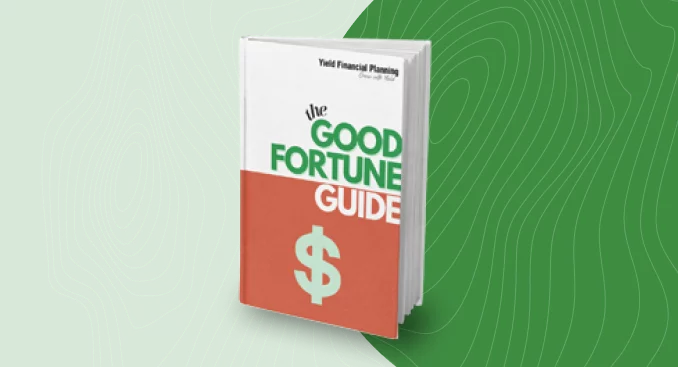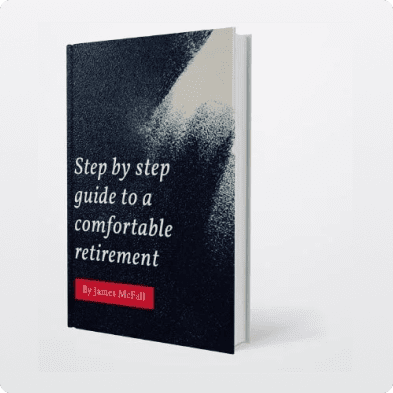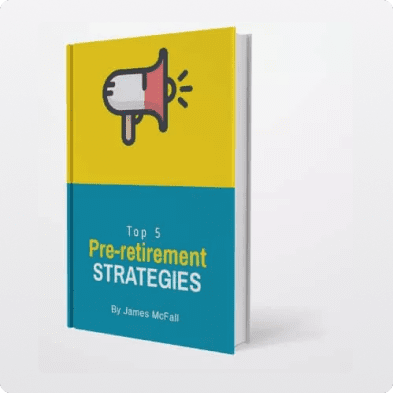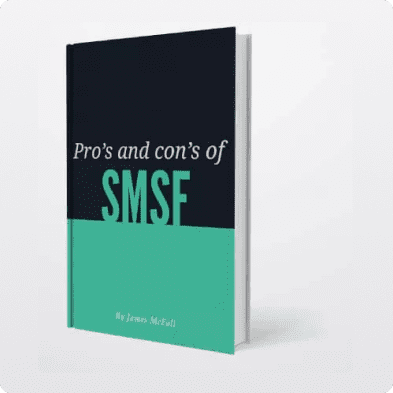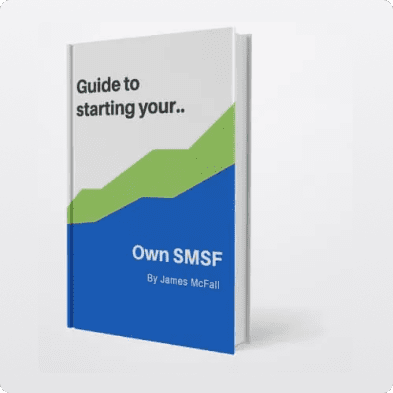In Australia, superannuation is a crucial part of many people’s retirement plans. It’s a tax-effective way to save money for your future, and there are several ways to make contributions to your super account. One such way is through non-concessional contributions.
What is a Non-Concessional Contribution?
Non-concessional contributions are a personal after-tax contribution paid into an individual’s superannuation account, where no tax deduction is claimed.
Benefits of Non-Concessional Contributions
One advantage that comes with making non-concessional contributions to your superannuation, is that these contributions can provide a more tax efficient strategy for you. Opting for non-concessional superannuation contributions could see you creating larger deposits into your super fund, where all investment earnings received within your superannuation account are taxed concessionally at 15% or as little as 0%, when you are over 60 and retired, compared to any investment earnings which are received personally that could otherwise be taxed at up to 47%. Finally, a key benefit that comes from creating these kinds of contributions, is that they are classified as ‘tax-free’ components. Meaning that upon withdrawal, under any circumstances, subject to satisfying a condition of release, it is tax-free.

Limitations on Non-Concessional Contributions
Non-concessional contributions have certain limitations, these limitations can relate to contribution limits, eligibility guidelines, age and balance limits.
- Contribution caps, affect how much individuals can contribute non-concessionally during a financial year. As of the 2022-2023 financial year, the non-concessional contributions cap is $110,000 per year. However if you are under the age of 75 the bring-forward rule may apply to you. The ‘bring forward rule’ allows you to contribute up to three years of non concessional contributions immediately in the first year. If you reach the cap of those three years (therefore a total of $330,000) you are no longer allowed to contribute non concessionally until the fourth year.
- Age limits – Once you reach the age of 75 you are no longer able to make personal non-concessional contributions. However, if you are turning 75 during a financial year, you can make contributions up till 28 days following the month in which you turned 75.
- Balance limits may also affect your ability to make non-concessional contributions into your account. Transfer balance caps (TBC) are used to determine how much money you are able to transfer into a tax-free retirement account where income earned on fund investments are tax exempt. While total superannuation balance (TSB) is used to determine a member’s eligibility for types of contributions, including non-concessional contributions. The current balance limit for both TBC and TSB is 1.7 million, however this is expected to increase to $1.9 million from July 1st, 2023. Exceeding the limit on total superannuation balance reduces your non-concessional cap to $0. Any excess contributions above your non-concessional contribution cap are then taxed at an additional 47%.
It’s important to note that the rules and regulations surrounding non-concessional contributions can change over time, so seeking the advice of a professional financial advisor is a good idea and can help you stay up to date with any changes in legislation. For instance downsizer contributions, are not considered non-concessional contributions and are not subject to the TSB, so should always be considered separately as part of your retirement planning.

Restrictions and Tax
- Preservation Rules: Non-concessional contributions are subject to the same commonwealth preservation rules as concessional super contributions. What this means is that part of the funds in your super account cannot be accessed for withdrawal prior to an individual reaching their preservation age, (55-60), or until condition of release is met, such as retirement.
- Tax on excess contributions: If an individual exceeds the annual non-concessional contribution cap or the transfer balance cap, they may be subject to additional taxation. The tax rate for excess non-concessional contributions made within the 2022-2023 financial year is currently 47%.
- Taxation on Earnings: While non-concessional contributions to super are made using after-tax income, earnings made on your investment will be taxed at the concessional rate of 15% within your super fund or as little as 0% when super is converted to super and after the TBC.
How Yield Financial Planning Can Help
Superannuation is typically the best place to invest for retirement, because it is a purpose built retirement structure, designed to pay you an income stream and it is usually the most tax effective place to have your money in retirement. For this reason a lot of our advice for clients is about how they can grow and nurture their superannuation for retirement. Yield financial planners keep regularly up to date on any changes to Superannuation and non-concessional contributions, and we are here to help. With a strong depth of experience and knowledge, we specialise in retirement planning advice and wealth creation, for the needs of professionals and business owners, including the complex needs of high net worth wealth individuals. This includes SMSF. You can contact us today to start the conversation.
Important Note


